Behind the Mask: Understanding Japan’s Culture of Care
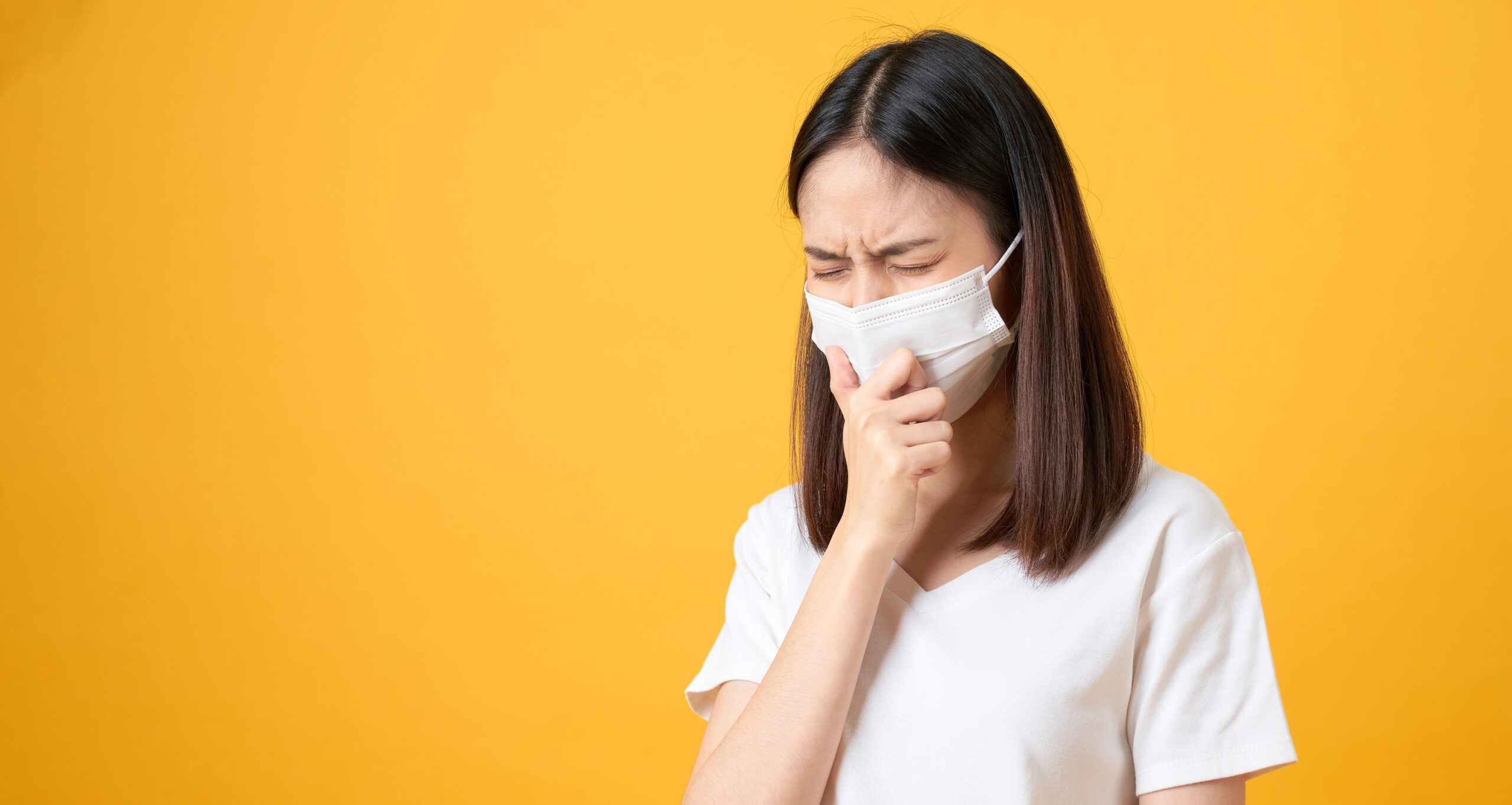
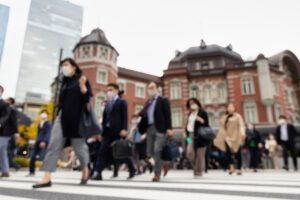
When I was scrolling through YouTube one day, I came across a video of foreign tourists in Japan. They looked surprised to see Japanese people wearing masks outside or even in their cars. I remember feeling that way at first. It’s understandable that visitors might have the same reaction. This column is about why Japanese people keep wearing masks even after the pandemic. I will share some reasons based on my own experience and Japanese culture. If you know this background, you’ll start to see people wearing masks not as a strange habit, but as a hint to understand the culture.
Many people in Japan tend to wear masks when they have a cold or during the pollen season. According to a 2025 survey by Cross Marketing, more than 50% of Japanese people said they wear masks in daily life. One of the main reasons was to avoid causing trouble to others. This suggests that many people in Japan might care not only about protecting themselves but also about others. In this sense, masks are not only for prevention. They also show kindness and thoughtfulness toward others.
On the other hand, I found that the situation in the U.S. is a bit different. When masks became mandatory, many Americans opposed the rule. According to a 2025 survey by Pew Research Center, about 80% of Americans said they do not wear masks in public spaces. When I saw this number, I felt that many Americans want to decide for themselves whether to wear a mask or not.
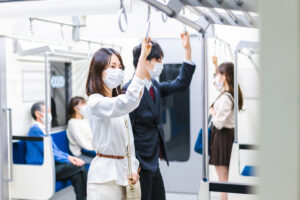
In this way, people in Japan might tend to show care for others, while those in the U.S. might value making their own decisions. Perhaps that’s why some visitors find it surprising that Japanese people still wear masks.
In my case, I realized that the meaning of wearing masks differs from country to country. When I studied English in the Philippines in 2024, I caught a cold. That’s why I wore a mask during class. When I looked around the classroom, I was the only one wearing a mask. No one else wore it, and I felt a little out of place. I felt self-conscious. One day, I talked with my teacher about it. I said, “I wear a mask because I have a cold. It’s common in Japan.” My teacher smiled and said, “I see. Some Filipinos wear masks too, but mostly to avoid exhaust gas.” That conversation stuck with me. I realized that the meaning of masks is very different between Japan and the Philippines.
In Japan, many people wear masks so as not to spread their cold to others. This small gesture can be seen as a sign of kindness and care for people around them. At the same time, I sometimes see people in Japan wearing masks even when it is not necessary, such as after leaving the train or when walking alone. Watching such scenes, I feel that wearing masks has become a natural part of Japanese daily life.
By understanding Japan’s mask culture, you’ll begin to notice the deeper meaning behind it. For example, when you visit a sightseeing spot, you may see a guide wearing a mask. This gesture reflects care and respect for others. If you know this meaning, you will see that scene in a different way. At first, it might seem puzzling. But later, you may find that it shows kindness and understanding. When you realize this, you might start to see Japanese culture a little differently. Once you understand this meaning, you might see not just the masks, but the heart behind them.
Written by Kenta Uchiyama
Kenta Uchiyama is a writer and lifelong English learner from Japan. Living with schizophrenia, he hopes to promote understanding and reduce stigma through his creative work. By sharing Japanese culture in English, he aims to build bridges between different worlds — one story at a time.
English Teacher/ column writer
I am Ritsuko Shishido, an English teacher based in Japan. I studied abroad in Prince George, Canada from the age of 17 and later graduated from a Canadian university, where I studied ethnic conflict and learned the importance of seeing the world from multiple perspectives. Today, I train writers who share Japanese culture with the world in English. My mission is to help more people build meaningful connections across borders through language.



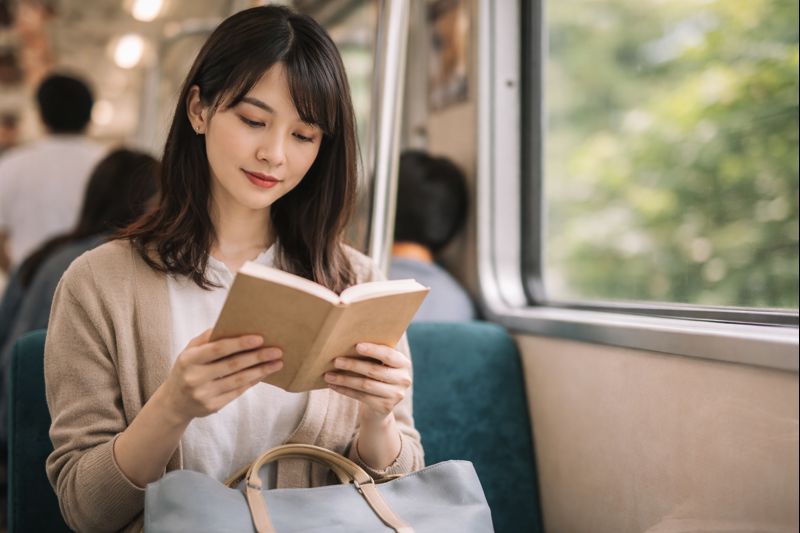
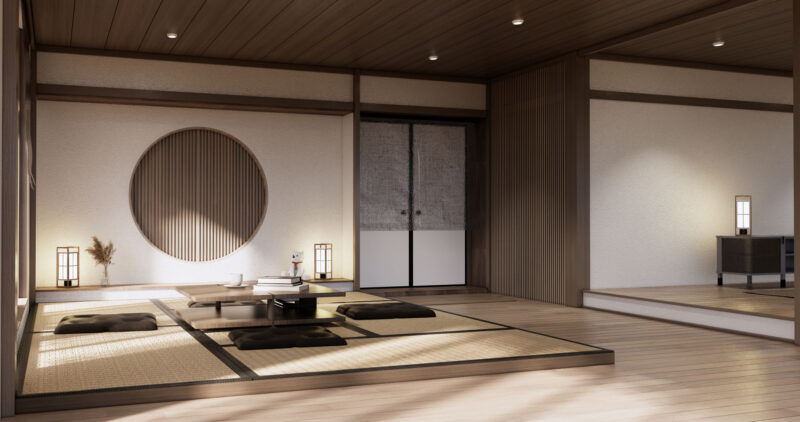


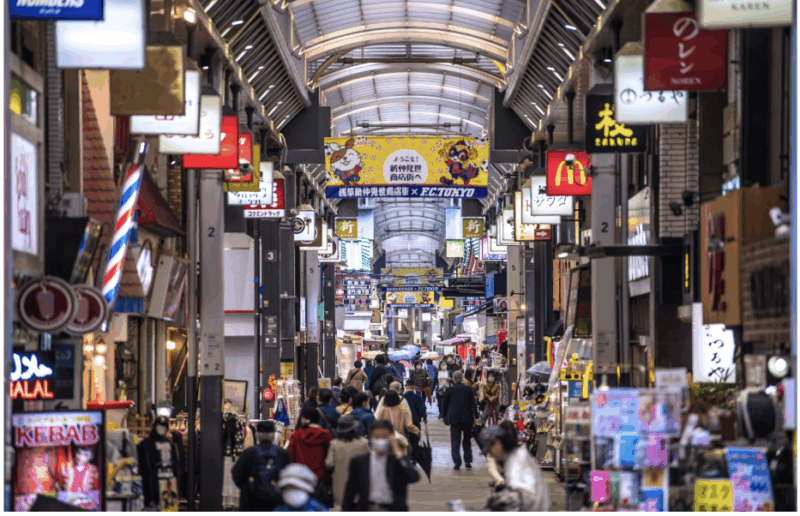
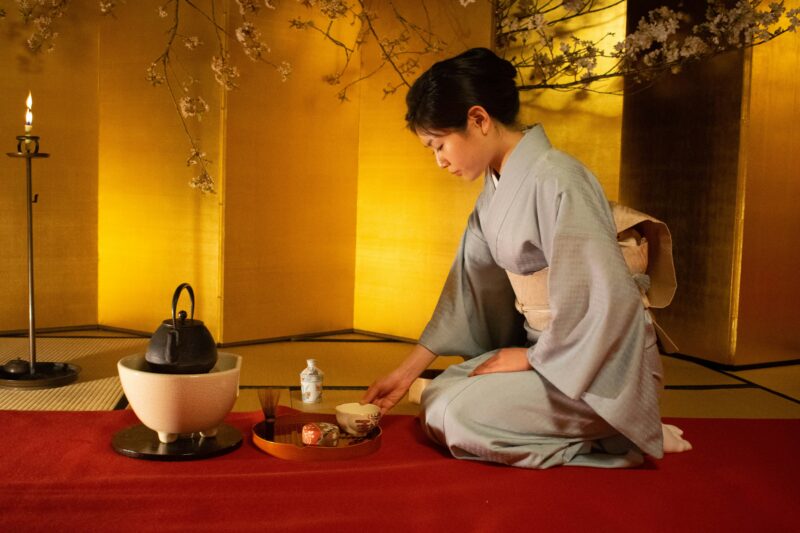
I always appreciated the masks when i lived in Japan. We learned during covid how important it was!
But you know what? I think many Japanese people don’t wash their hands so well – so many times i saw men not using soap or scrubbing. Yucky! Maybe that’s why swine flu was so bad in Japan years ago.
I think all people can learn to be better about hygiene and caring for others.
Thank you so much for your kind comment.
I am glad to hear that you appreciated masks in Japan.
I also agree that hygiene is important, not only masks.
Your point about handwashing is interesting, and it made me think.
We all have something to learn to take better care of each other.
Thank you for sharing your view with me.
Born and raised in Canada, I never saw anyone wear masks. It was not a thing until COVID. During the pandemic, everyone was wearing masks during that time. Today, I see some people, older and young people wearing masks, and I’m assuming they are protecting others or themselves from getting sick. I think it’s now becoming normal and people are not afraid to be see using them and I think it’s great!
Thank you for reading my column and for your warm comment.
It is very interesting to hear about your experience in Canada.
I feel that masks are becoming more normal in many places, little by little.
Like you said, some people wear them to protect others or themselves.
I think this change is a good sign, too.
Thank you again for sharing your thoughts with me.